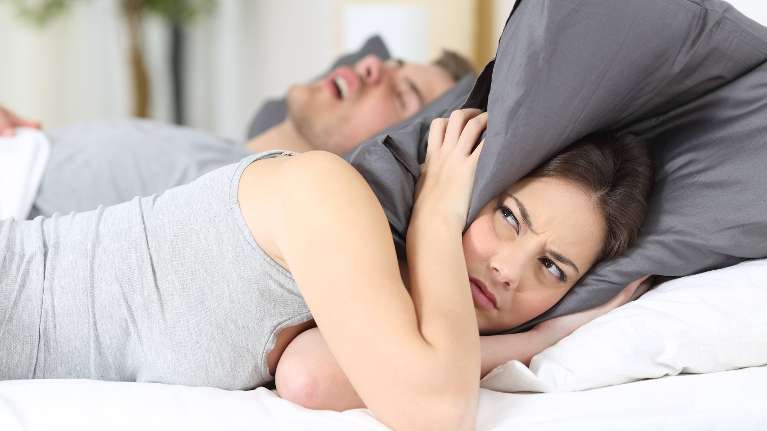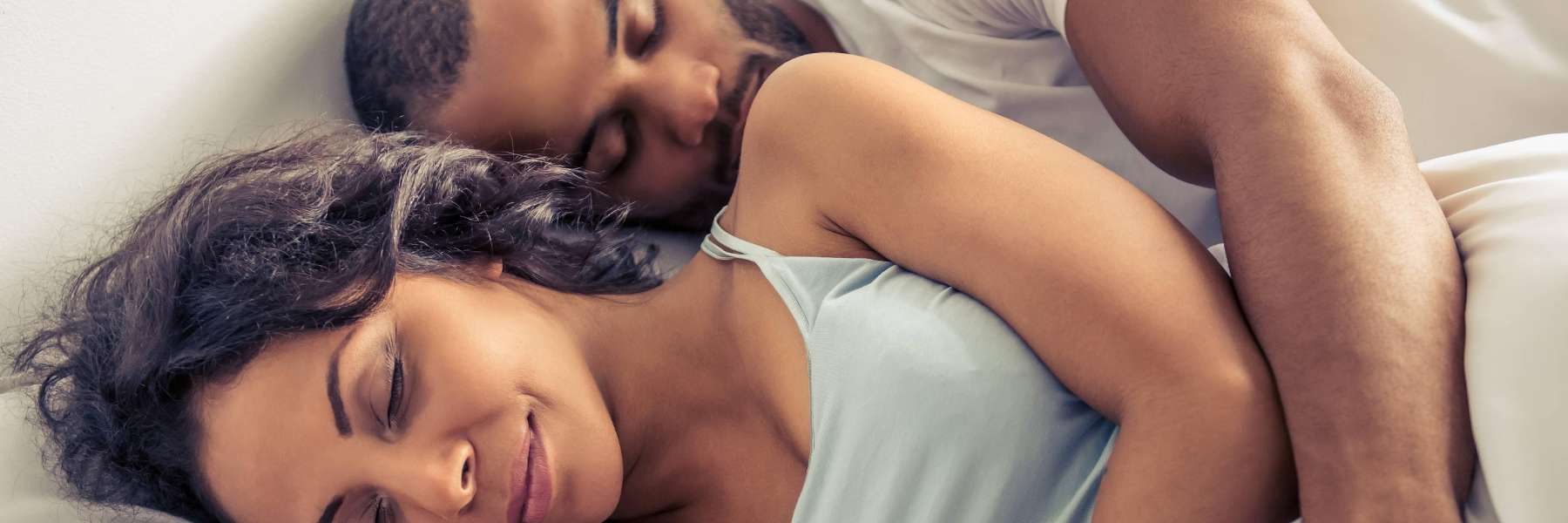
Updated October 13, 2025
Oral Appliance Therapy for Sleep Apnea in Woodland Hills
If you snore loudly or wake up feeling tired even after a full night’s sleep, you may have sleep apnea—a condition that causes repeated pauses in breathing during sleep. While CPAP therapy remains a common treatment, many people find it bulky or uncomfortable to use every night. At Modern American Dentistry in Woodland Hills, we offer a more comfortable alternative: custom oral appliance therapy designed to help you breathe easier and sleep better.
Why Consider an Oral Appliance for Sleep Apnea?
Comfort and Portability
Oral appliances are small, discreet devices worn like a mouthguard. Unlike CPAP machines, they don’t require tubes or masks and are easy to take with you when traveling.
Higher Patient Compliance
Because they’re more comfortable and less intrusive, most patients stick with oral appliance therapy longer and see better long-term results compared to CPAP.
Non-Invasive and Custom-Made
Each appliance is made specifically for your mouth and works by gently repositioning your jaw and tongue to keep your airway open throughout the night — no surgery required.
Effective for Mild to Moderate Sleep Apnea
For many patients with mild or moderate obstructive sleep apnea, oral appliances can provide significant symptom relief and reduce snoring.
What to Know Before Starting Treatment
Effectiveness for Severe Cases
Oral appliances may not fully replace CPAP therapy for severe sleep apnea, but they can still be used in combination with CPAP, especially for travel or part-time use.
Possible Side Effects
Some patients experience mild jaw soreness, tooth shifting, or dry mouth at first. These effects are usually temporary and easy to manage with small adjustments.
Dental Health Requirements
Because the appliance rests on your teeth, we recommend ensuring your teeth and gums are healthy before starting treatment. If you need restorative work first, our dental team can help prepare you.
Caring for Your Oral Appliance
Taking proper care of your appliance helps it last and stay effective:
- Clean daily with a soft brush and mild soap or denture cleaner
- Rinse with water before and after use
- Store it in a dry, ventilated case
- Bring it to your regular dental visits so we can check the fit and condition
Cost and Insurance Coverage
Many insurance plans, including PPOs, cover oral appliance therapy for sleep apnea. For patients with HMO or Kaiser coverage, we also offer a transparent cash option that includes one year of management and follow-up. Pricing varies by case, so we’ll review your coverage and costs during your consultation.
Start Sleeping Better in Woodland Hills
If you’re struggling with CPAP therapy or looking for a more comfortable way to manage sleep apnea, Modern American Dentistry in Woodland Hills can help. Our experienced team will assess your condition, discuss your options, and design a custom oral appliance tailored to your specific needs.
Book your consultation today to learn whether oral appliance therapy is right for you and start waking up refreshed and rested again.
